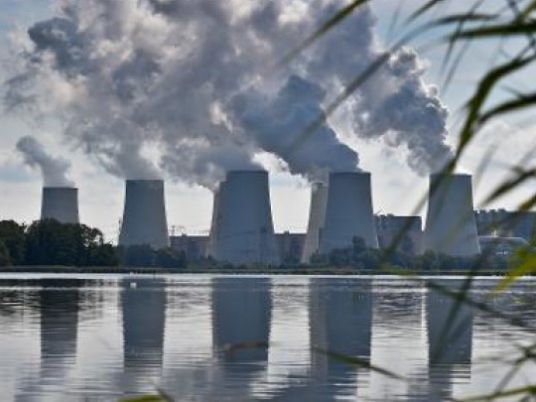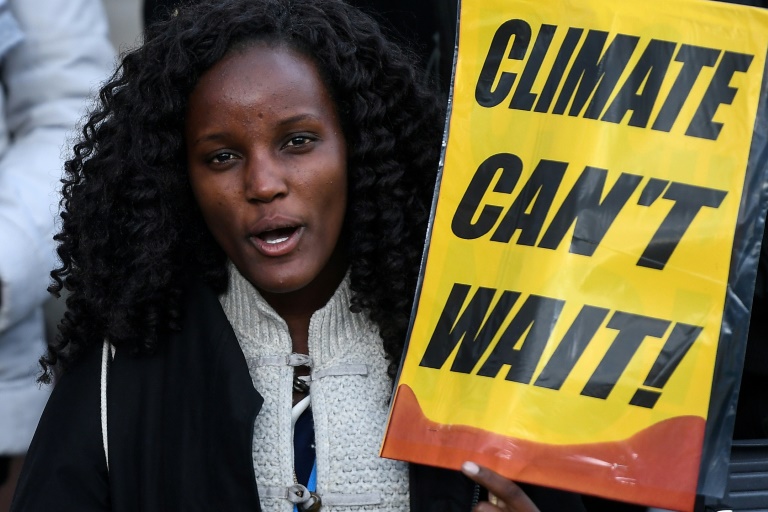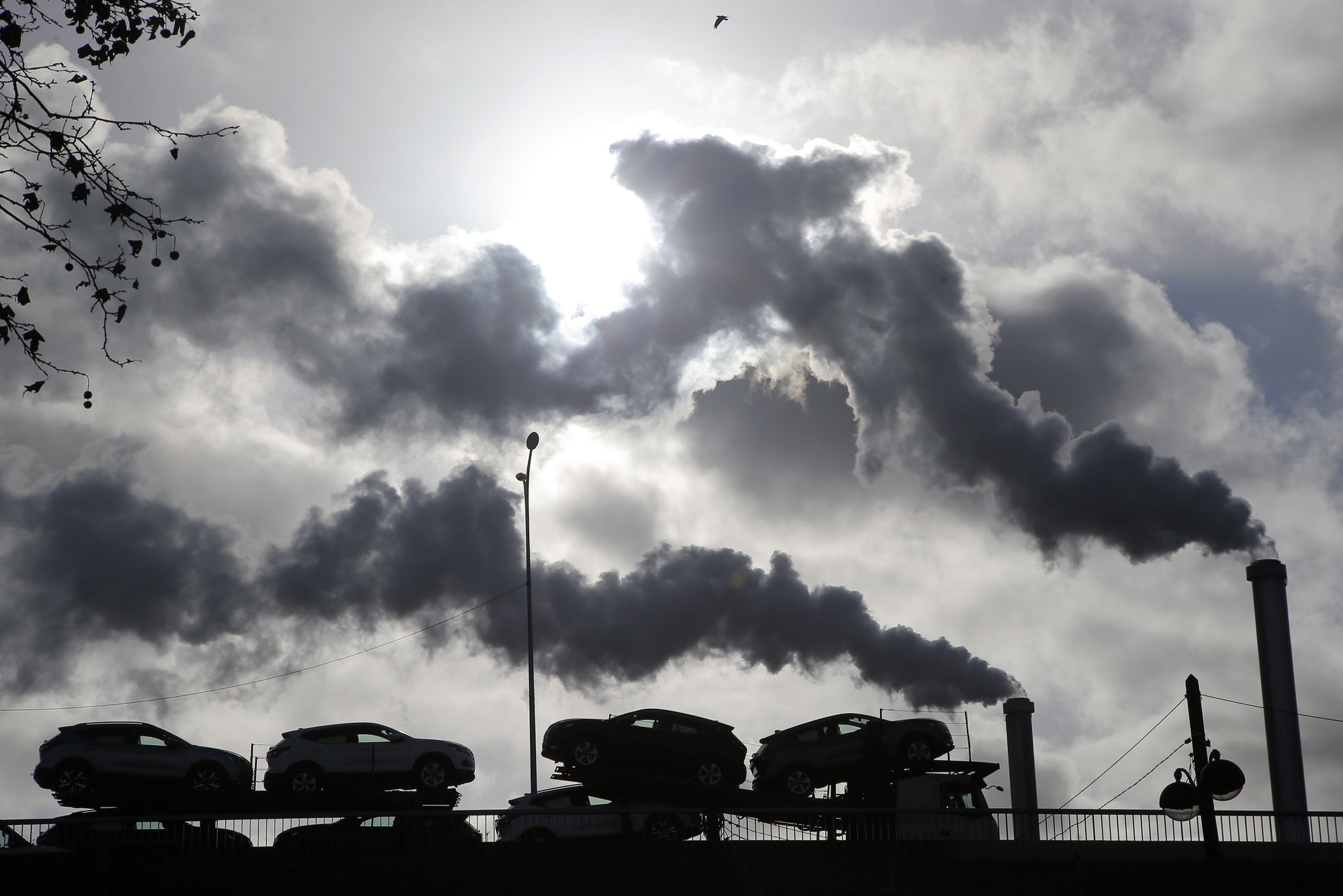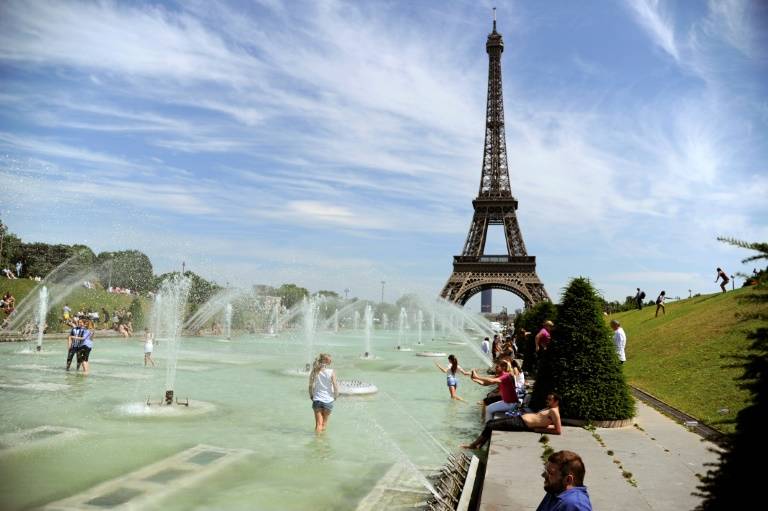
Frustration ran high Wednesday at the snail's pace of talks for a climate rescue pact, with three days left for diplomats to craft a blueprint for a year-end UN summit.
With an eye firmly on the clock, diplomats in Bonn despaired at the mountain of work they face after an acrimonious start on Monday cost them more than a day of negotiating time.
"I am, to be honest, very concerned," said climate envoy Laurence Tubiana of France, which will host a November 30-December 11 UN summit tasked with inking a 195-nation pact to rein in global warming.
"I don't think this way of working is going to bring us where we need to be by the end of the week and to stand a chance of success in Paris."
The Bonn meeting is tasked with forging a workable blueprint for ministers and heads of state to grind down into a global agreement meant to crown years of climate negotiations.
It would be the first accord committing all the world's nations, rich and poor, in the same arena for climate action.
The talks got off to a false start Monday when developing countries accused rich ones of "apartheid" tactics, and claimed their core demands had been excised from the blueprint.
An overnight sprint to reintroduce omitted passages saw the text swell from 20 pages to 34.
There is no miracle
The huddle then broke up into smaller text-crafting groups, which reported back on Wednesday.
If ministers were to see the product, "probably many delegates would lose half their salaries immediately," European Union delegate Artur Runge-Metzger told a stocktaking session.
Switzerland's Franz Perrez said time pressure was taking its toll.
"Either parties are disappointed because we are not moving fast enough, or they are disappointed because they do not have the time to look in depth at all the proposals."
Several delegates said parties must keep talking after hours, outside the meeting rooms, if progress is to be made.
"We need to agree on compromise," said Perrez.
Algeria's Ahmed Djoghlaf, who co-chairs the forum with Daniel Reifsnyder of the United States, urged diplomats to pull up their sleaves and "engage with your partner".
And the G77 bloc of developing nations, representing the vast majority of the world population, cautioned against further padding of the document.
"We need a text by the end of the week that we can take to Paris as the basis of negotiations, in which many issues are agreed," said climate envoy Nozipho Mxakato-Diseko of South Africa, which chairs the G77.
"We cannot leave it up to our ministers to do the work of negotiators. It is negotiators that need to reach consensus on most issues, leaving only the highly-sensitive political issues for ministers to resolve."
The overarching goal is to limit global warming to two degrees Celsius (3.6 degrees Fahrenheit) over pre-Industrial Revolution levels.
But countries still disagree on how to share out responsibility between rich and poor nations for curbing greenhouse gas emissions blamed for climate change.
Scientists say pledges submitted by more than 150 nations so far add up to warming of about 3 C — a world of more dangerous sea-level rise, storms, drought and disease spread.
"There is no Plan B. The only option is to achieve Plan A," said Tubiana.
"There is no miracle."




